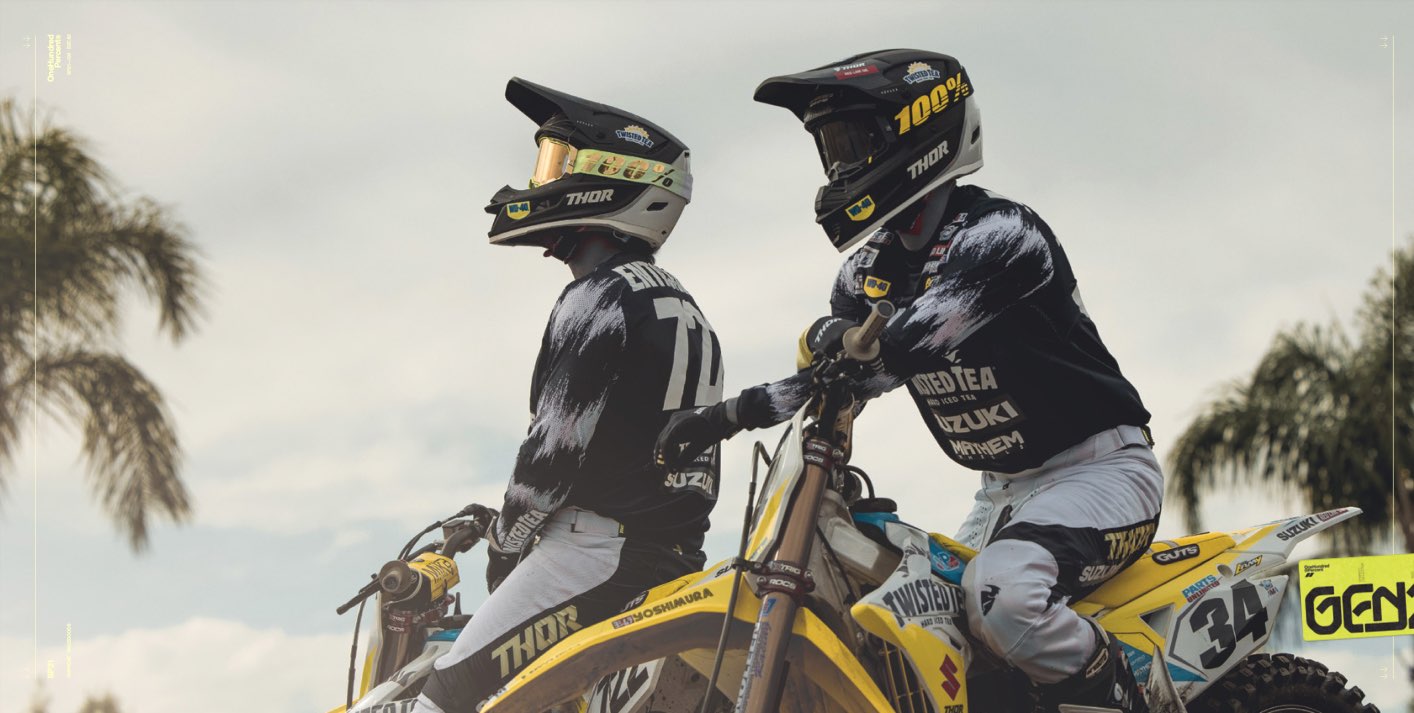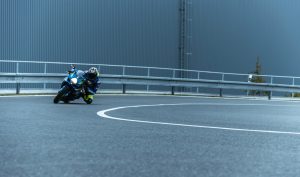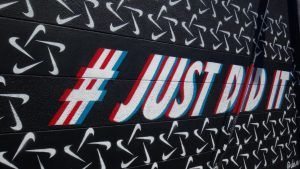Indonesian Supreme Court Dashes Hopes of Well-known Mark Infringer in the Case of SAULE, LLC v. JP for “100%” Brand
In a recent case before the Indonesian Supreme Court, the Indonesian Supreme Court in its decision at the highest level confirmed Saule LLC’s (a US company) ownership of the “100%” mark – being a well-known mark in Indonesia.
In May 2022, the Indonesian Supreme Court rejected the cassation petition (or appeal to the Supreme Court) filed by JP, an Indonesian national (previously as a Defendant) from Malang West Java Indonesia, against Saule, LLC’s (previously as a Plaintiff) “100%” mark in respect to the goods in Class 09, and the Director of Trademarks & Geographical Indications (previously Co-Defendant).
The Supreme Court’s decision at the cassation stage affirmed the district court’s decision, which among others declared that the 100% mark in the name of the Plaintiff was an internationally well-known mark and well-known mark in Indonesia, declared that the act committed by the Defendant in filing trademark registration of “100%”, Reg. No. IDM000640781 constitute bad faith, since they imitate the well-known mark in the name of the Plaintiff, and cancelled the mark “100%” Reg. No. IDM000640781, in class 09 in the name of the Defendant from Trademark Registry of Directorate General of Intellectual Property.
Brief History of the 100% Well-Known Mark

The “100%” brand business was started in 1982 by Drew Lien in Long Angeles, California. In the early 80s, the 100% brand sponsored many big names of factory race teams and riders such as Bob Hannah, John O’Mara, Ricky Johnson, Jeff Ward, and David Bailey.
At that time, the brand was used to sell T-Shirts, caps, motorcycles spare parts etc. And originally, the 100% mark was “an answer” to the question in Plaintiff’s company tagline “How much effort do you give?” ®100%.
In 2011, Ludo Boinnard dan Marc Blanchard, the owners of Saule, LLC (the Plaintiff) bought all company’s assets including the “100%” brand, and in early 2012 the brand was re-designed with a newer modern look. It was used for gloves, eyewear and goggles, helmets, jerseys, and many kinds of protective gear.
All 100% brand products were designed and tested in San Diego. Saule, LLC produced sports eyewear and sunglasses products and replacement lenses in France.
Since then, Plaintiff’s 100% brand has won many design awards for the production of eyewear and goggles and has been sponsoring many great athletes with his newer and better products for them.
Plaintiff’s 100% brand has now been a very well-known mark whose products are being used, distributed, advertised and sold worldwide including in Indonesia. The Plaintiff has invested a great amount of time and money to promote their 100% trademark all over the world.
All Plaintiff’s efforts have now been successful and have created a strong reputation and goodwill for the 100% brand.
With regard to the protection of his 100% brands, the Plaintiff has registered or is seeking registration of his brand not only in the United States but also in many countries including Indonesia.
In Indonesia, the Plaintiff’s 100% trademarks have been registered under Registration No. IDM000967511 for classes 25 and 28 and IDM000927140 for class 32 and is currently being applied for registration under Applications No. DID2020057277 for class 09.
The Lawsuit
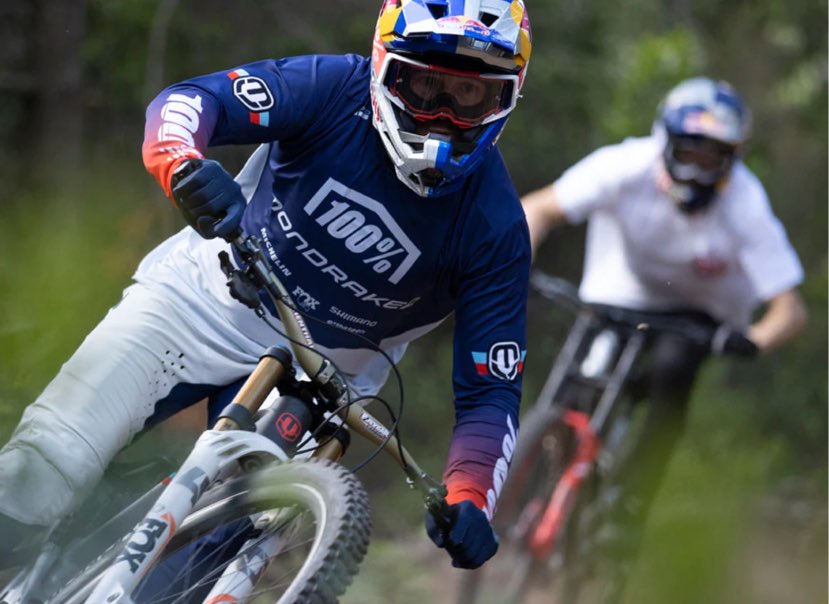
In April 2021, Plaintiff filed a lawsuit to cancel Defendant’s 100% Trademark Registration No. IDM000640781 of April 2019 for the goods in class 09 (namely helmets, eyewear, gloves against incidents, goggles for motorcyclists, electric accumulators, speedometers, electronic door alarms, binoculars, loudspeakers, hi-fi sound system) at the Commercial Court of Central Jakarta District Court based on similarities between the Plaintiff’s 100% well-known mark and the Defendant’s 100% Trademark Registration No. IDM000640781 which was taking advantage of Plaintiff’s reputation of their well-known mark, and has been filed for registration in bad faith by the Defendant.
In this claim, the Plaintiff petitioned that the court decisions be among others:
- Granting the Plaintiff’s claim in full;
- Declaring the Plaintiff’s trademark “100%” as a well-known mark worldwide and also a well-known mark in Indonesia;
- Declaring that the Plaintiff is the sole and the rightful owner to use the trademark “100%” in Indonesia which differentiates the Plaintiff’s products from those of the other party;
- Declaring the trademark “100%” in the name of the Defendant, Registration No. IDM000640781 of 16 April 2019 in class 09 as having similarity in whole with the Plaintiff’s trademark “100%”
- Declaring that Defendant’s action to file trademark “100%” Registration No. IDM000640781 of 16 April 2019, is done in bad faith;
- Cancelling the Defendant’s trademark “100%” Registration No. IDM000640781 of 16 April 2019 in class 09, from the General Register of Trademarks of the Directorate General for Intellectual Property, the Ministry of Law and Human Rights of the Republic of Indonesia, with all the legal consequences;
- Ordering the Co-Defendant (the Directorate General for Intellectual Property) to obey the court’s decision in this case by cancelling the registration of the Defendant’s trademark registration from the General Register of Trademarks, and to announce such deletion in the Official Trademark Gazette in accordance with the existing Trademark Law.
The district court granted the Plaintiff’s claim and retained their exclusive rights as the Sole and Rightful Owner of their well-known mark in this First Instance Court. However, the Defendant immediately filed an appeal to the Supreme Court (Cassation Petition).
The Defendant, in his cassation brief, argued that in accordance with the First to File Principle adopted in Indonesia, he is the rightful owner of “100%” mark in Indonesia for the goods in class 09, and accordingly, he has the exclusive right to use the mark by himself or to give permission for others to use it.
The Defendant also rejected the Plaintiff’s claim on the trademark “100%” being a well-known mark on the grounds that the Plaintiff could not provide any evidence to prove such claim and could not prove that the general public in Indonesia had already known that the trademark “100%” really belonged to the Plaintiff.
In addition, the Defendant denied the claim that his “100%” trademark registration was filed in bad faith because he was the first to file such mark in Indonesia. So he is the one who is to be protected by the Law concerning the use of trademark “100%” in Indonesia.
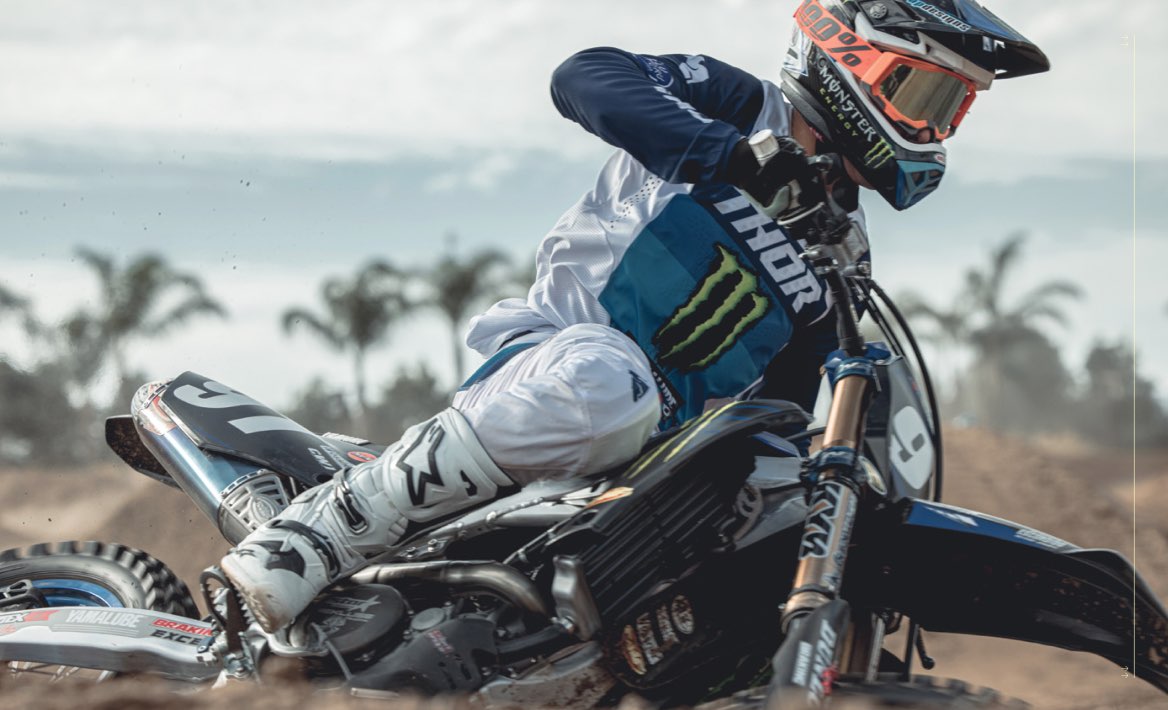
Based on the above arguments, the Defendant petitioned the Supreme Court to overturn the First Instance Court’s decision, and to reject the Plaintiff’s “100%” pending trademark applications in Indonesia.
In response to the Defendant’s counter-claim statement, the Plaintiff had submitted an abundant amount of evidence to prove the worlwide use, distribution, sales, advertisements, and registrations of the Plaintiff’s “100%” trademark all over the world. Several athletes who have been using Plaintiff’s “100%” brand products were also presented before the court to testify their knowledge with respect to their use of the “100%” brand products and the origin of the products. In addition, the Plaintiff also submitted evidence of bad faith indicating the Defendant’s intent to copy the Client’s mark and free-ride the Client’s reputation.
The Decisions
The Supreme Court in its decision found that Judex factie (the judges who examined the facts in the earlier court) had implemented correctly the law on the following considerations:
Notwithstanding the Constitutive Doctrine (the First to File Principle) adopted by Indonesia in the registration of trademarks, instead of the Declarative Doctrine (the First to Use Principle), the First to Use Principle shall not be implemented in absolute. It happens in real-world cases that a trademark owner could not timely file his trademark in a particular jurisdiction although he has been using his mark earlier for a long period of time. If the trademark owner believes that his rights have been infringed by a trademark registration filed in bad faith by other parties, he has the right to claim for cancellation of such mark.
Upon the above considerations, the Supreme Court accordingly upheld the earlier court’s decision, rejected the Cassation Petition filed by the Defendant, and ordered him to pay the case fee.
Key Takeaways
The Supreme Court’s implementation of the first-to-file principle not being absolute is especially true in the case of well-known marks.
If you encounter a mark registration that could harm the future use or registration of your well-known mark in Indonesia (especially if you have been using or planning to use the mark) you would need to pursue the cancellation of the said conflicting registration vigorously by providing evidence of the bonafide use of your trademark world wide.
First Instance Courts in Indonesia, mostly have been implementing the law on well-known trademarks correctly these days and their decisions are upheld in the higher court.
Should you lose a case at the court of the first instance, higher courts would – in most cases – apply higher standards in deciding a case. It is not uncommon for the higher court to overturn the lower court’s decision if the higher court sees that the decision of the lower court is in error.
Image Sources: 100percent.com